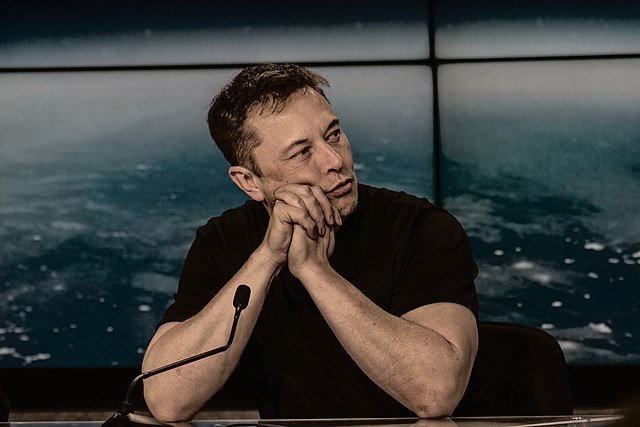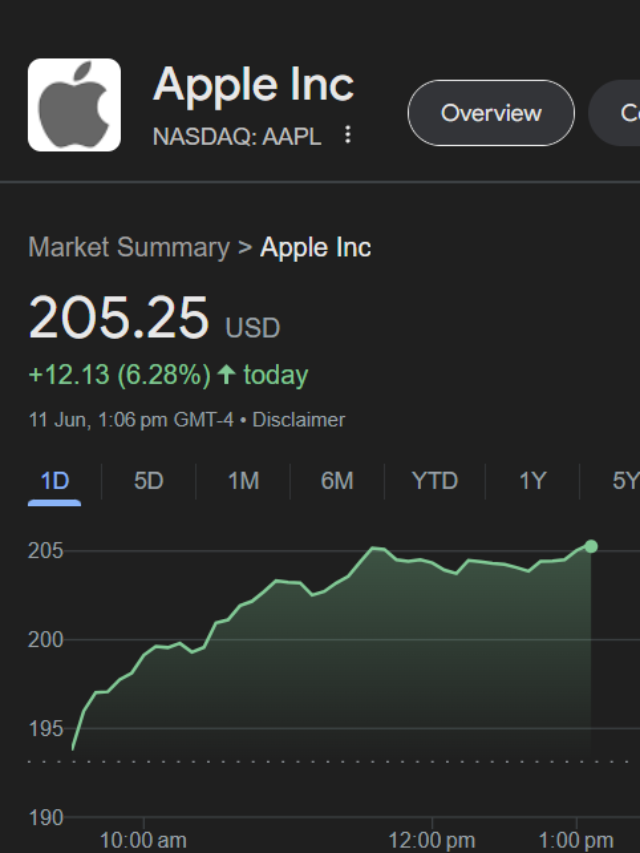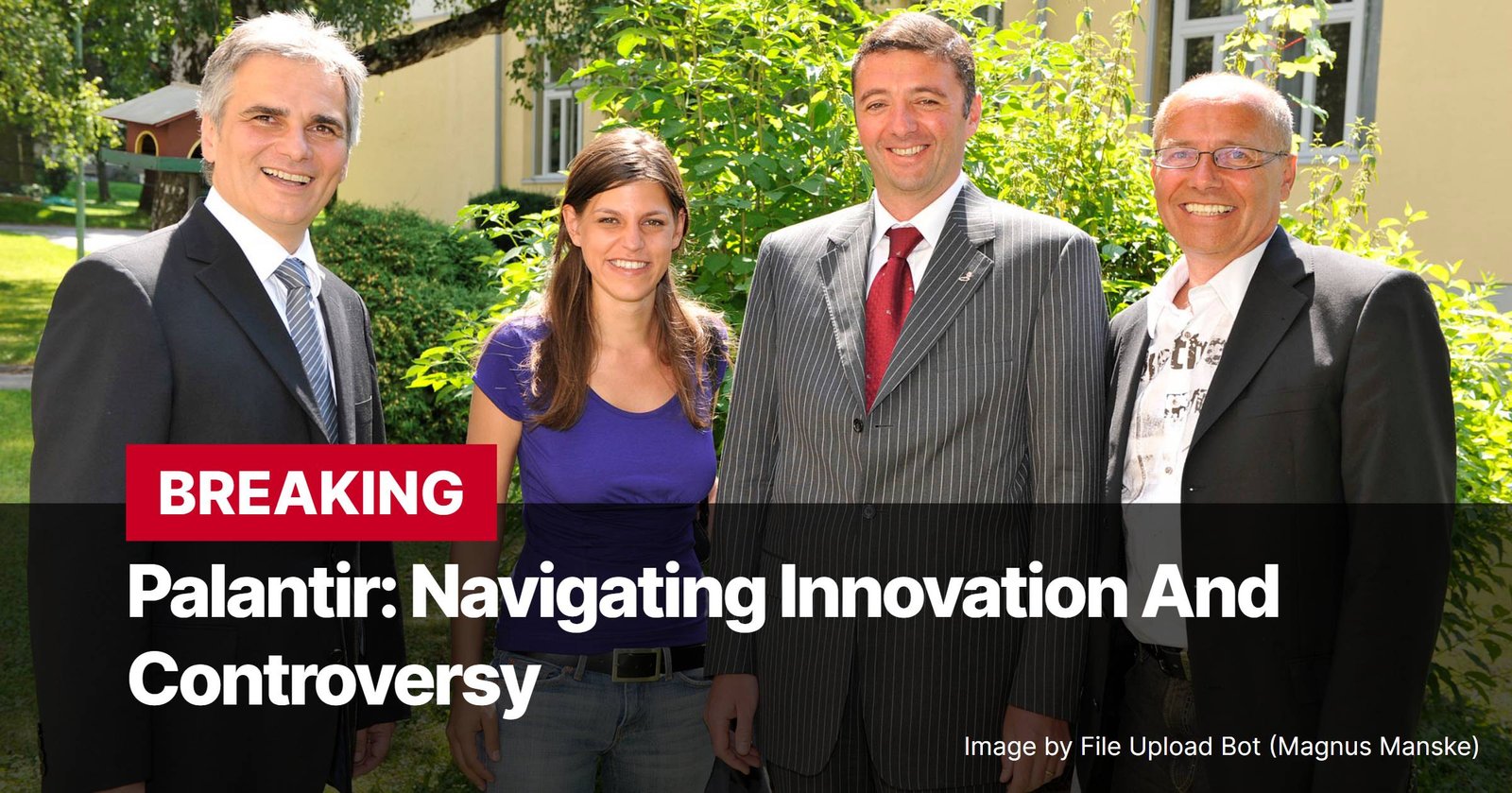
Elon Musk has dropped his lawsuit against OpenAI. This decision has sent shockwaves through the tech world, leaving many wondering: What does this mean for the future of OpenAI, the burgeoning AI industry, and Musk’s own ambitious AI venture, xAI?
Let’s rewind a bit. Remember that lawsuit, where Musk accused OpenAI of deviating from its original mission of developing safe and beneficial AI? He alleged that OpenAI had become a profit-driven entity, prioritizing financial gains over its ethical commitments. OpenAI, in turn, countered that Musk’s involvement in Tesla, a competitor in the AI space, created a conflict of interest, and that a for-profit structure was necessary for the company’s long-term success.
Now, the case has been mysteriously dropped, leaving many with unanswered questions. Why did Musk decide to walk away from the legal battle? What does this mean for the future of both OpenAI and xAI? And what are the broader implications for the rapidly evolving AI landscape?
The Lawsuit and its Backstory
The lawsuit stemmed from a long-standing feud between Musk and OpenAI, a non-profit research organization he co-founded back in 2015. The tension escalated when Musk, citing concerns about OpenAI’s direction, stepped down from the board in 2018. Over the years, the chasm between the two entities widened, leading to a clash of philosophies and visions for the future of AI.
The lawsuit, filed in February 2023, detailed Musk’s claims that OpenAI had abandoned its non-profit status and shifted its focus towards commercial ventures. OpenAI countered that Musk’s departure was driven by his own personal ambitions and a desire to control the organization. The lawsuit became a focal point, symbolizing the growing concerns surrounding the potential for AI to be used for harmful purposes.
The Reasons Behind the Withdrawal
The abrupt withdrawal of the lawsuit has left many scratching their heads. Was it a strategic decision, a settlement out of court, or a change of heart from Musk?
Experts suggest that various factors might have influenced Musk’s choice. Some believe that pressure from investors, particularly those involved in Tesla and SpaceX, might have played a role. Others speculate that the lawsuit was a publicity stunt, designed to garner attention for xAI and position Musk as a leading voice in the AI debate.
It’s also possible that Musk simply decided to focus his energies on building xAI, a company he launched in July 2023, with the stated goal of “understanding the universe.” While the details of xAI’s plans remain shrouded in mystery, Musk has hinted at its potential to disrupt the AI landscape, challenging the dominance of companies like Google, Microsoft, and even OpenAI itself.
The Future of OpenAI
The dismissal of the lawsuit, however, doesn’t necessarily mean that the conflict between Musk and OpenAI is over. The future of OpenAI remains uncertain, especially considering the company’s recent partnership with Apple. While this partnership could accelerate OpenAI’s research and development efforts, it also raises concerns about data privacy and the potential misuse of AI technology.
OpenAI now faces a challenging future, navigating a competitive landscape filled with other AI giants like Google, Microsoft, and now, xAI. The company’s ability to maintain its research integrity and fulfill its original mission of developing safe and beneficial AI will be tested in the years to come.
Musk’s Ambitions with xAI
While the lawsuit has been dropped, Musk’s ambitions in the AI space are far from extinguished. His new venture, xAI, aims to create “general-purpose artificial intelligence” with the ability to “understand reality.” This ambitious goal could lead to groundbreaking advancements in AI research, but also raises ethical questions about the potential consequences of such powerful technology.
xAI is likely to be a major competitor to OpenAI and other established players in the field. Its focus on “understanding reality” suggests a different approach to AI development, one that prioritizes understanding the world rather than simply manipulating data. This could lead to new and unexpected breakthroughs, but also introduce new challenges in ensuring the responsible development and deployment of AI.
Implications for the AI Industry
The Musk-OpenAI saga has far-reaching implications for the future of AI development. It highlights the growing tension between commercial interests and ethical concerns surrounding AI, and underscores the need for transparent and accountable governance. The potential for AI to be misused for malicious purposes underscores the critical need for responsible development and regulation.
This situation also emphasizes the importance of open dialogue and collaboration between different stakeholders in the AI community. Governments, researchers, businesses, and the public need to work together to establish clear guidelines for the development and deployment of AI, ensuring that its benefits are shared equitably and that its risks are mitigated.
Conclusion
The dropping of Musk’s lawsuit against OpenAI marks a temporary pause in this dramatic saga, but the story is far from over. The future of AI is still being written, and the decisions made by OpenAI, xAI, and other companies will shape the trajectory of this transformative technology.
As we move forward, it’s vital to engage in informed discussions about the ethical considerations and potential impacts of AI. We must demand transparency, accountability, and responsible development, ensuring that this powerful technology serves humanity’s best interests.
So, what are your thoughts? Share your insights and join the conversation about the future of AI! And don’t forget to subscribe to stay updated on this developing story and other AI-related news.















